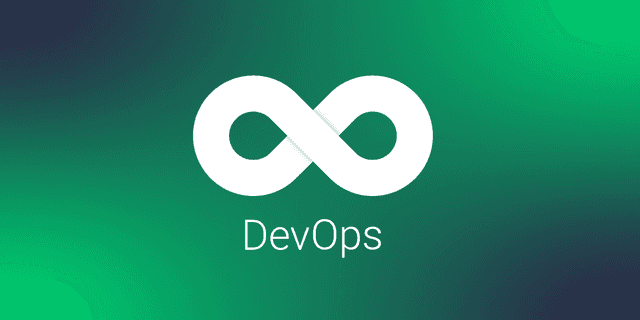Linux
Linux is an open-source operating system with a broad range of applications including personal computers, servers, and mobile devices.
What is Linux?
Linux refers to open-source operating systems that use the Linux kernel, which was developed by Linus Torvalds in the 1990s and has become one of the largest open-source projects over time. Initially, Linux was used to describe the operating system kernel developed by Torvalds, but today this part is called the Linux kernel, while the operating systems built on this kernel are referred to as Linux operating systems.
Linus Torvalds started the Linux project to address the shortcomings of the Unix operating system, which has significantly influenced the direction of the tech world. Today, Linux operating systems are used in diverse areas including personal computers, servers, smartphones, and supercomputers.
Linux Distributions
The Linux kernel is open-source and distributed under the GNU General Public License, which allows anyone to develop their own operating system using this kernel. Various companies and developer groups use the Linux kernel and various open-source supportive software to develop their operating systems. These operating systems are called Linux distributions (or Linux distros). Each distribution is assembled in different ways, such as different desktop environments and package managers. Distributions can be specialized for different purposes. Some of the most popular Linux distributions include:
- Ubuntu
- Arch Linux
- Debian
- Fedora
- Linux Mint
Applications of Linux
Due to its open-source nature, Linux is used in many different fields. The variety of distributions makes it versatile for various purposes. Additionally, developers often prefer to use Linux as a base for developing their own solutions, which contributes to its widespread use. Some of the primary applications of Linux include:
Personal Computers
Linux's usage on personal computers is relatively low compared to other platforms and operating systems. Distributions like Ubuntu, Fedora, and Linux Mint are options for personal computing. It is mostly preferred by developers and those working in computer technologies. Notably, Linux has become more popular among gamers, especially after Steam developed the Steam Deck device that runs on a Linux operating system.
Servers
Linux is widely used in server environments due to its lightweight and customizable structure, making it ideal for efficiently utilizing physical hardware. It also forms the foundation for increasingly utilized cloud technologies.
Mobile Devices
One of the most common mobile operating systems, Android, was developed by Google based on Linux. Other Linux-based mobile operating systems include LG's webOS, Samsung's Tizen, and Postmarketos.
IoT Devices and Embedded Systems
Many smart devices that make up the Internet of Things (IoT) use Linux-based operating systems. Linux is also used in industrial devices and various embedded systems.
Advantages of Linux
The widespread preference for Linux in many areas is underpinned by several advantages. Some of the benefits of Linux include:
- It is open-source, free software.
- Offers flexibility for various purposes.
- It is stable and secure, capable of running continuously for long periods.
- Has a lightweight structure with low resource consumption.
- Linux and its distributions have extensive community support.
Our free courses are waiting for you.
You can discover the courses that suits you, prepared by expert instructor in their fields, and start the courses right away. Start exploring our courses without any time constraints or fees.



